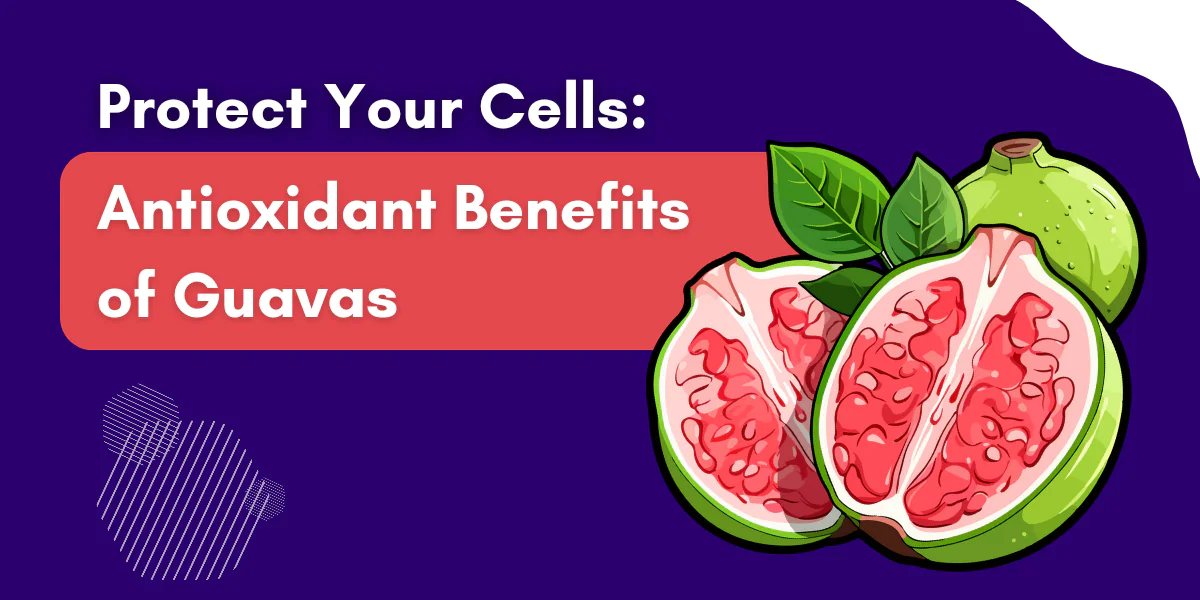Pomegranates, or anar, hold a special place in Indian households. From their use in festive dishes to daily juices, this ruby-red fruit is celebrated for its flavor and health benefits. But what’s even more exciting is its potential to reduce cancer risk.
Emerging research shows that pomegranates are rich in compounds that could help prevent and slow cancer development. Let’s dive into the science behind these claims and how you can harness their benefits.
Why Are Pomegranates Special?
Pomegranates are loaded with bioactive compounds, including polyphenols like ellagic acid and punicalagins. These are known to:
- Fight free radicals: Prevent cellular damage caused by oxidative stress.
- Reduce inflammation: Control processes linked to chronic diseases like cancer.
- Support gut health: Improve digestion, a key factor in overall well-being.
Nutritional Highlights
A 100-gram serving of pomegranate seeds contains:
- Vitamin C: 10.2 mg (Boosts immunity and skin health).
- Dietary Fiber: 4 g (Supports digestive health).
- Potassium: 236 mg (Regulates blood pressure).
- Antioxidants: High levels of punicalagins and anthocyanins.
Source: USDA Food Data Central.
How Pomegranates May Help Fight Cancer
1. Neutralizing Free Radicals
Free radicals can damage cells, leading to mutations that may cause cancer. Antioxidants in pomegranates, especially punicalagins, fight these harmful molecules. This can help reduce the risk of cancers like lung, skin, and breast.
2. Inhibiting Cancer Cell Growth
Studies published in the Journal of Medicinal Food show that pomegranate extract can slow the growth of prostate and breast cancer cells in lab settings. These compounds may block pathways that allow tumors to grow.
3. Reducing Inflammation
Chronic inflammation contributes to the development of many cancers. Ellagic acid in pomegranates reduces inflammatory markers, offering protection.
4. Enhancing Gut Health
The fiber and natural compounds in pomegranates feed beneficial gut bacteria. A healthy gut lowers the risk of colorectal cancer.
5. Preventing Angiogenesis
Angiogenesis is the process where new blood vessels form to feed a growing tumor. Pomegranate compounds may inhibit this, starving cancer cells.
Real-World Studies on Pomegranates
- Prostate Cancer: A study in the American Journal of Clinical Nutrition showed that pomegranate juice slowed PSA doubling time (a marker for prostate cancer progression).
- Breast Cancer: Research published in Cancer Prevention Research suggests that pomegranate extract can prevent estrogen-dependent breast cancer cell growth.
- Lung Cancer: Animal studies indicate pomegranate juice reduces the spread of lung cancer cells.
While these findings are promising, it’s important to remember that they are not definitive cures.
How to Include Pomegranates in Your Diet
Pomegranates are versatile and can easily fit into your meals. Here are some ideas:
1. Morning Energy Boost
Blend fresh pomegranate juice into your smoothies. Pair it with spinach, banana, and yogurt for a nutrient-packed breakfast.
2. Salad Toppings
Sprinkle pomegranate arils over salads or chaat for a burst of flavor and antioxidants.
3. Desi Raita with a Twist
Add pomegranate seeds to raita for a crunchy and tangy side dish.
4. Evening Snacks
Mix pomegranate with roasted nuts for a fiber-rich snack.
5. In Festive Dishes
Use pomegranate juice or molasses as a marinade for kebabs or to glaze vegetables.

Ayurvedic Perspective on Pomegranates
Ayurveda praises anar as a tridoshic fruit, meaning it balances all three doshas (Vata, Pitta, and Kapha). Its cooling properties are believed to reduce excess heat in the body, which aligns with its anti-inflammatory effects.
Precautions and Considerations
While pomegranates are generally safe, there are a few points to consider:
- Blood-Thinners: If you’re on medications like aspirin, consult a doctor before increasing pomegranate intake.
- Allergies: Rare but possible, especially in people with fruit allergies.
- Portion Control: Stick to a moderate serving (half to one pomegranate per day) to avoid digestive issues.
FAQs
1. Can pomegranates cure cancer?
No. They are not a cure but can support cancer prevention and overall health.
2. What’s the best way to consume pomegranates?
Fresh seeds or juice are the best options to retain nutrients.
3. Are supplements effective?
Supplements may help but should not replace whole foods. Always consult a healthcare provider before taking them.
Practical Tips for Buying and Storing Pomegranates
- Look for ripe fruits: Choose ones with smooth, firm skin.
- Storage: Keep pomegranates in the fridge for up to two weeks.
- Easy Seeding Hack: Cut the fruit in half, hold it over a bowl, and tap the back with a wooden spoon to release seeds.
Final Thoughts
Adding pomegranates to your diet is a delicious and easy way to boost your health. While they aren’t a miracle cure, their anti-inflammatory and antioxidant properties can complement a balanced lifestyle aimed at reducing cancer risk.
Start small—add them to your daily meals or enjoy as a snack. These ruby gems could be your step toward a healthier, happier life.
Key Takeaway: Make pomegranates a part of your diet today. Their potential health benefits are too good to ignore!
This revised version is better optimized, engaging, and informative. Let me know if you’d like any further adjustments!
Read Also: 9 Pomegranate Benefits for Memory and Brain Health
Medical Disclaimer: This article is for informational purposes only and is not a substitute for professional medical advice. Always consult with a healthcare provider for personalized recommendations.




















